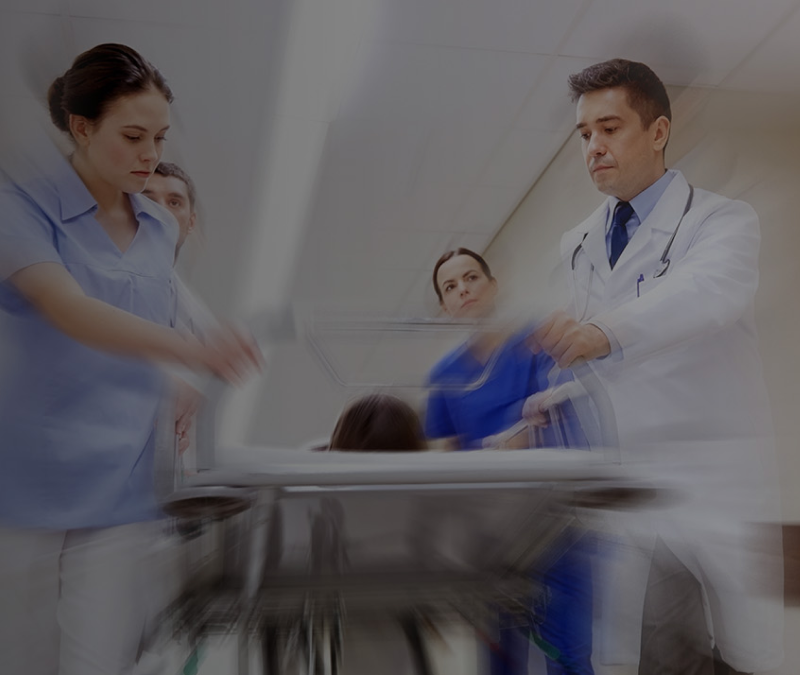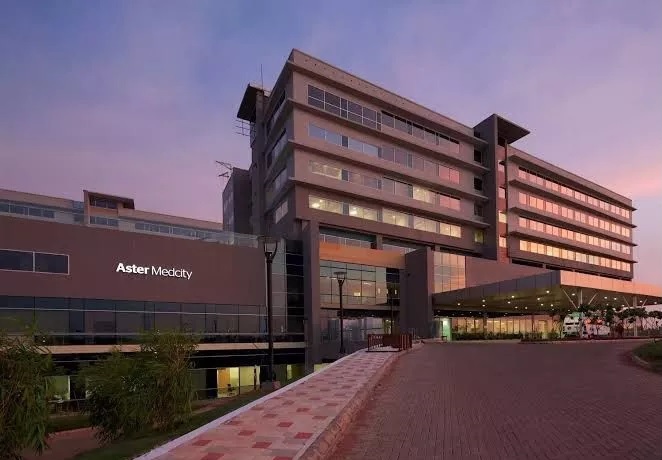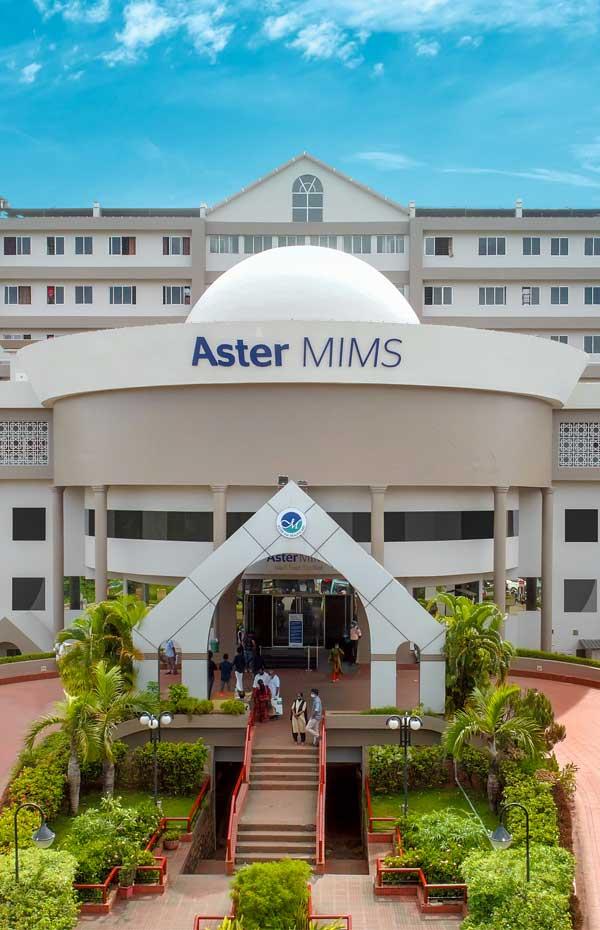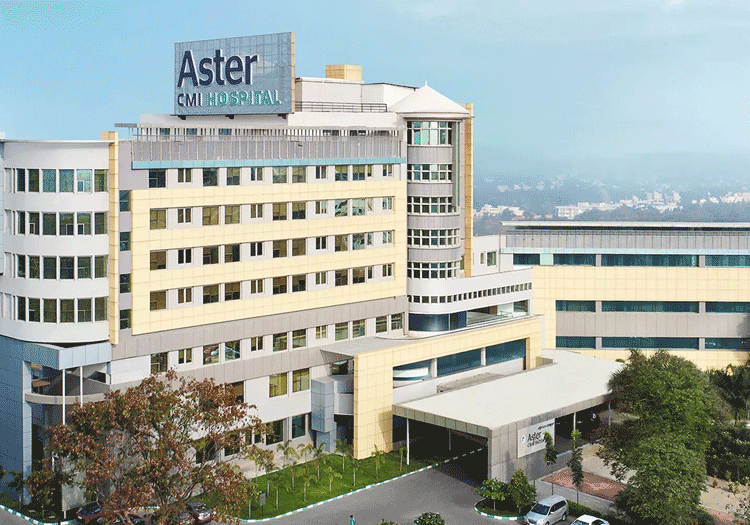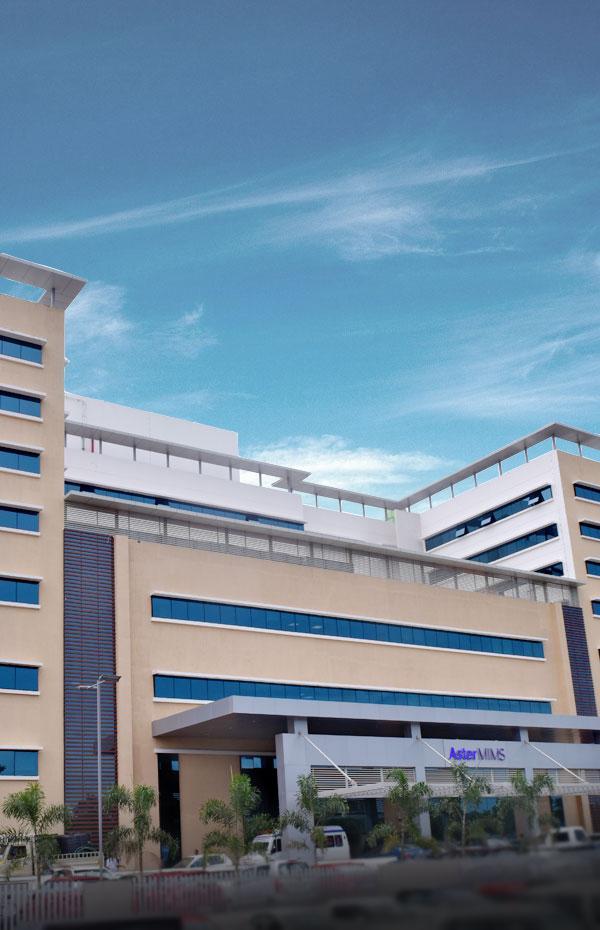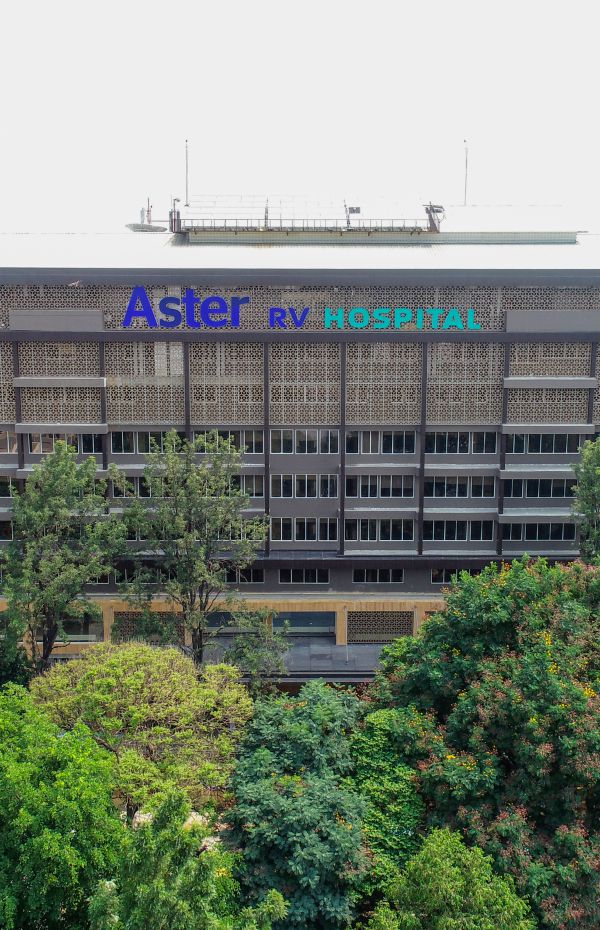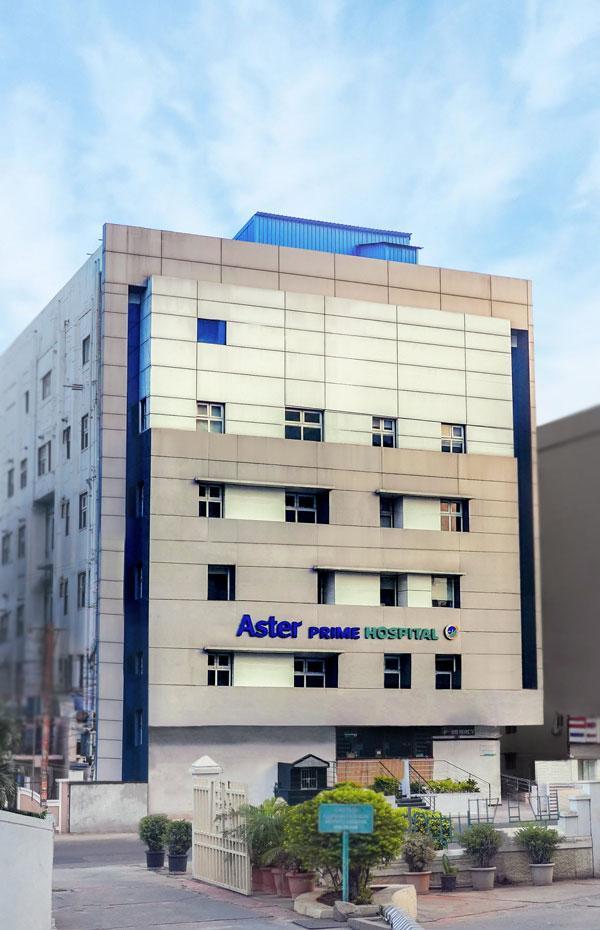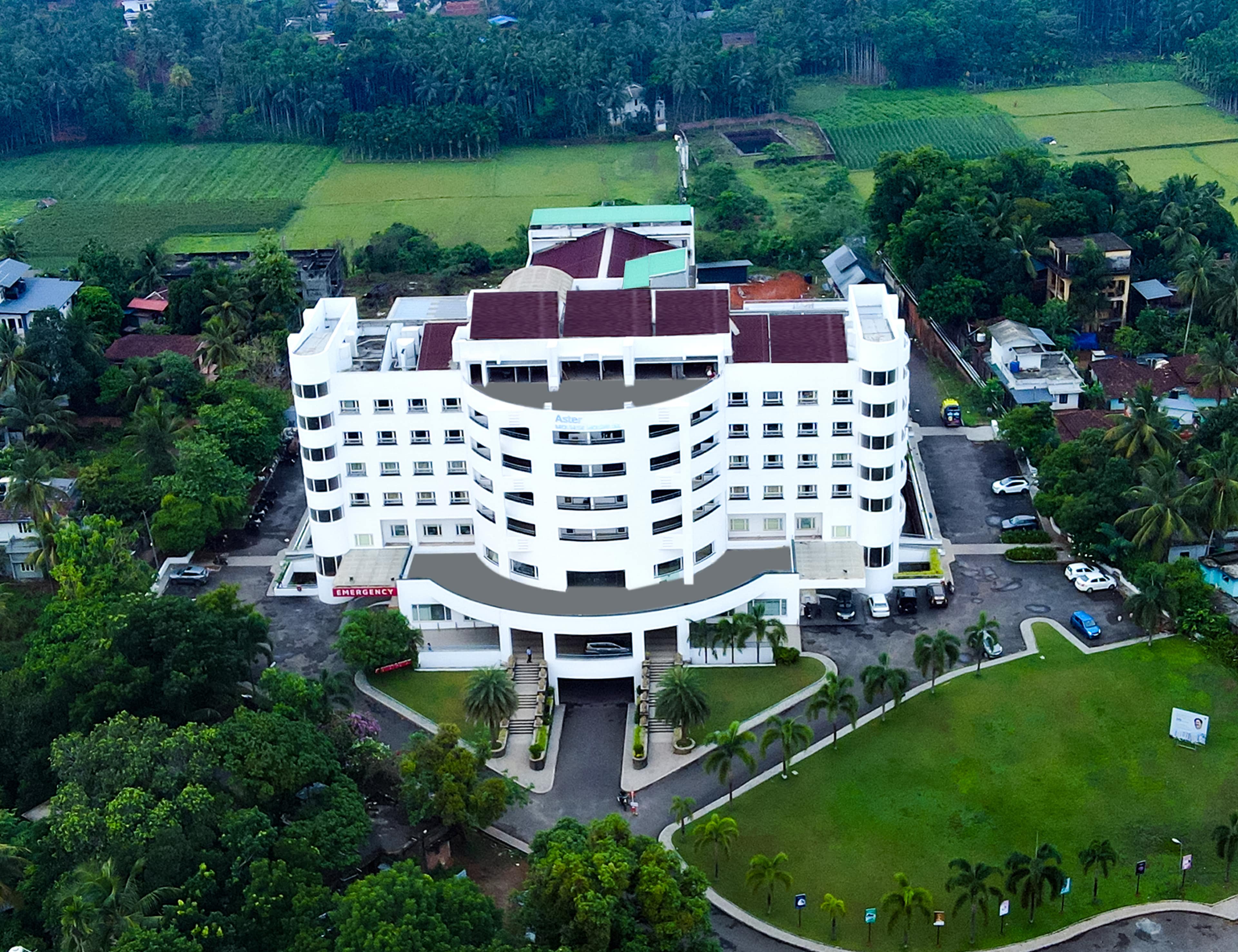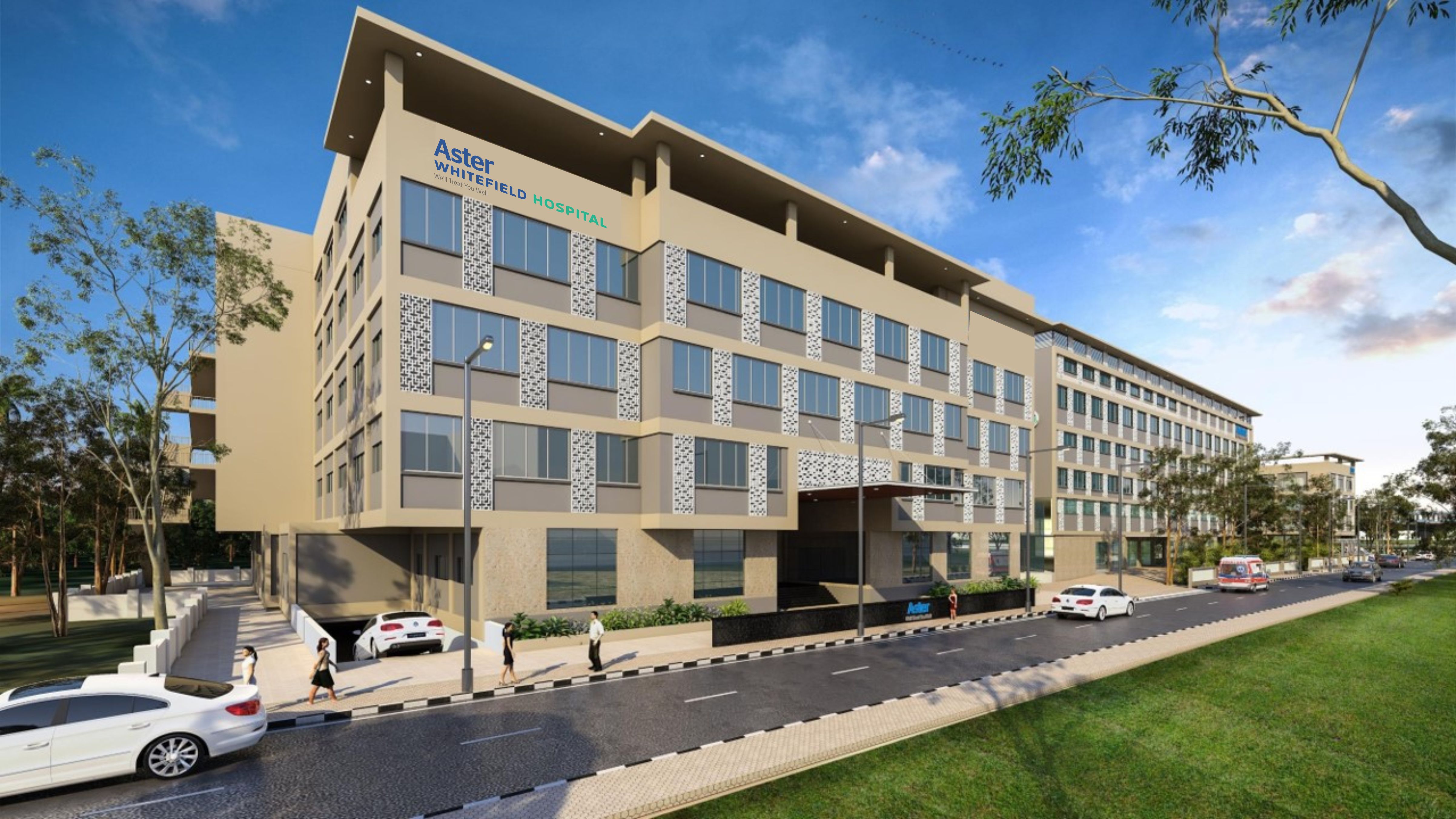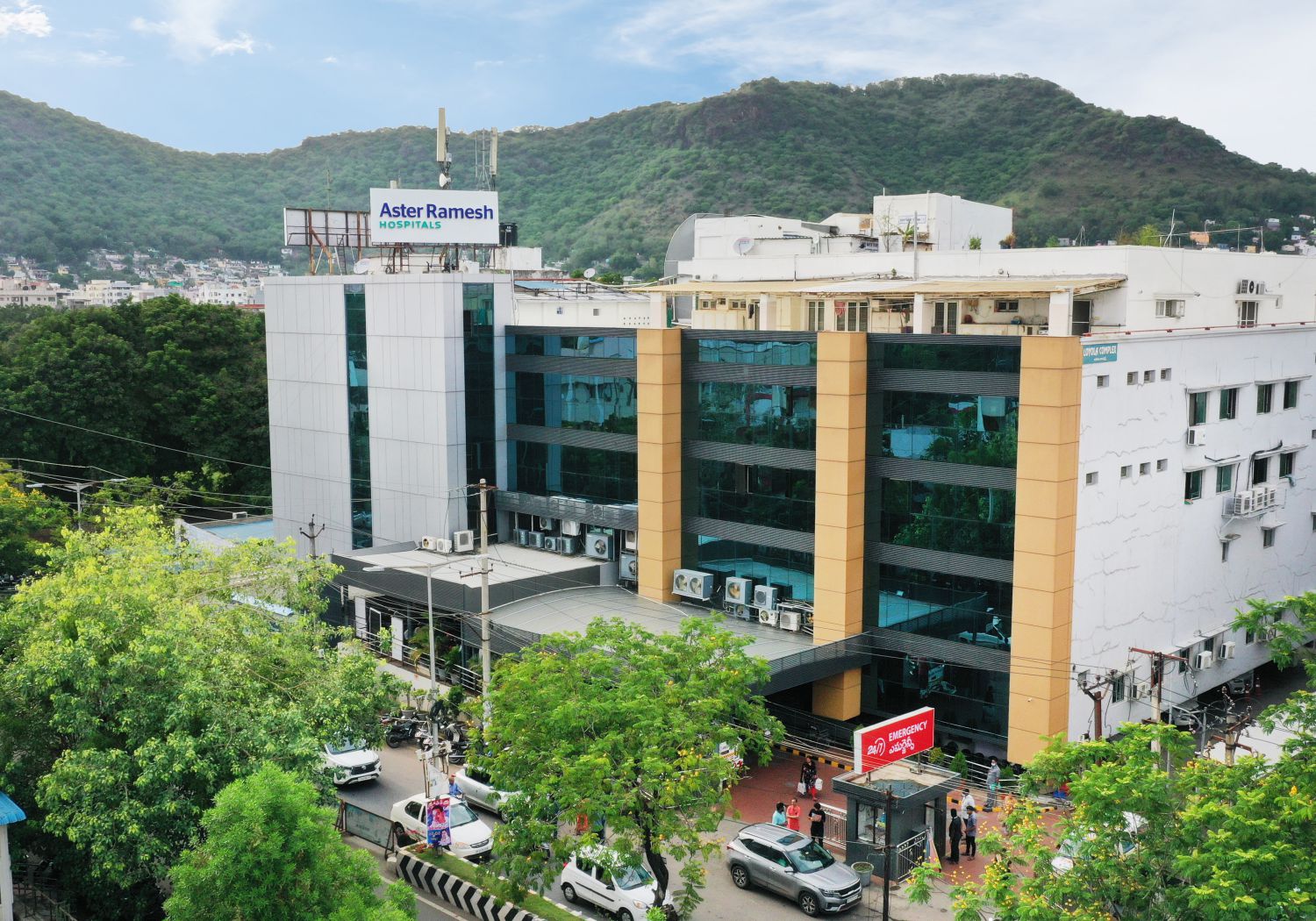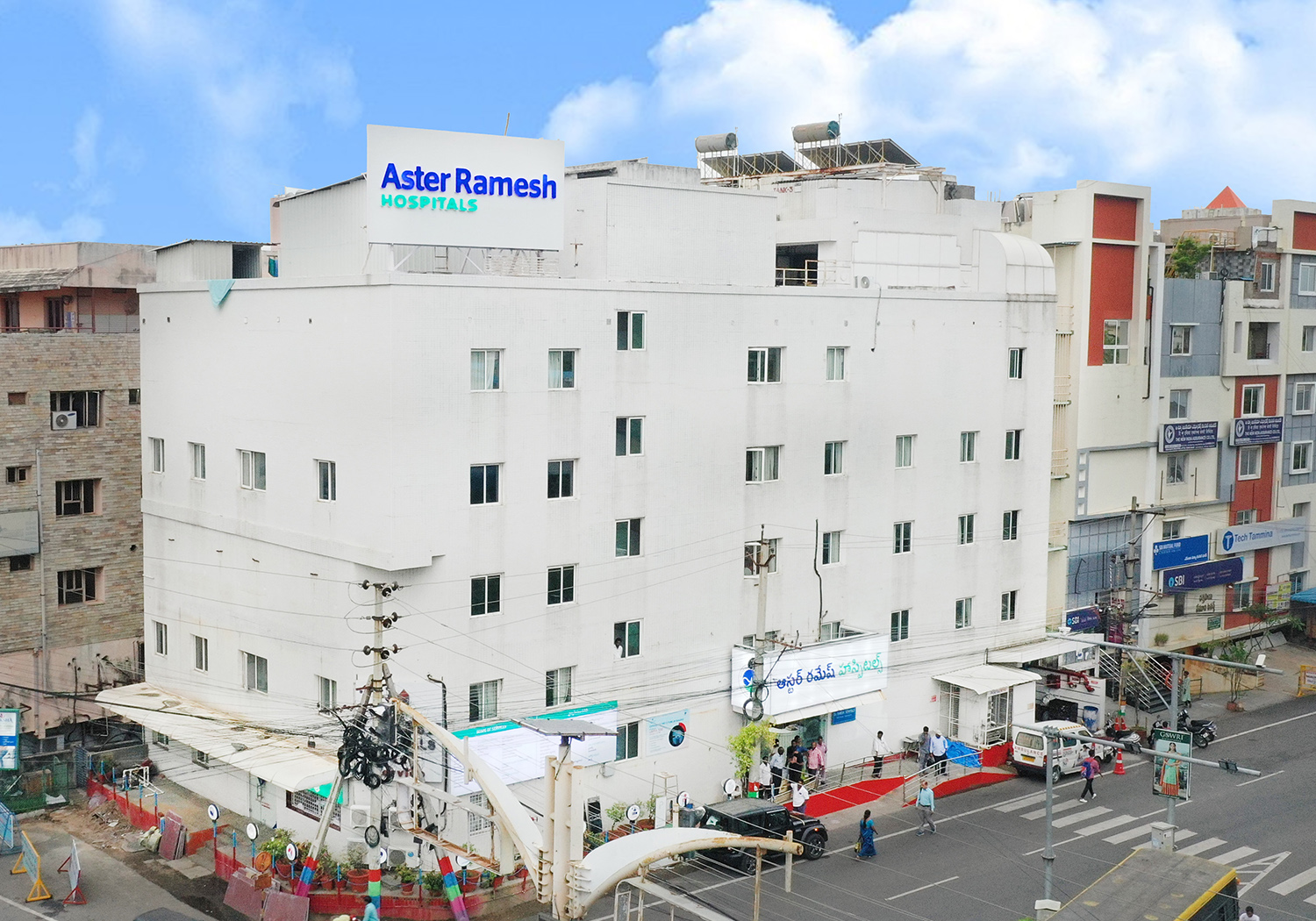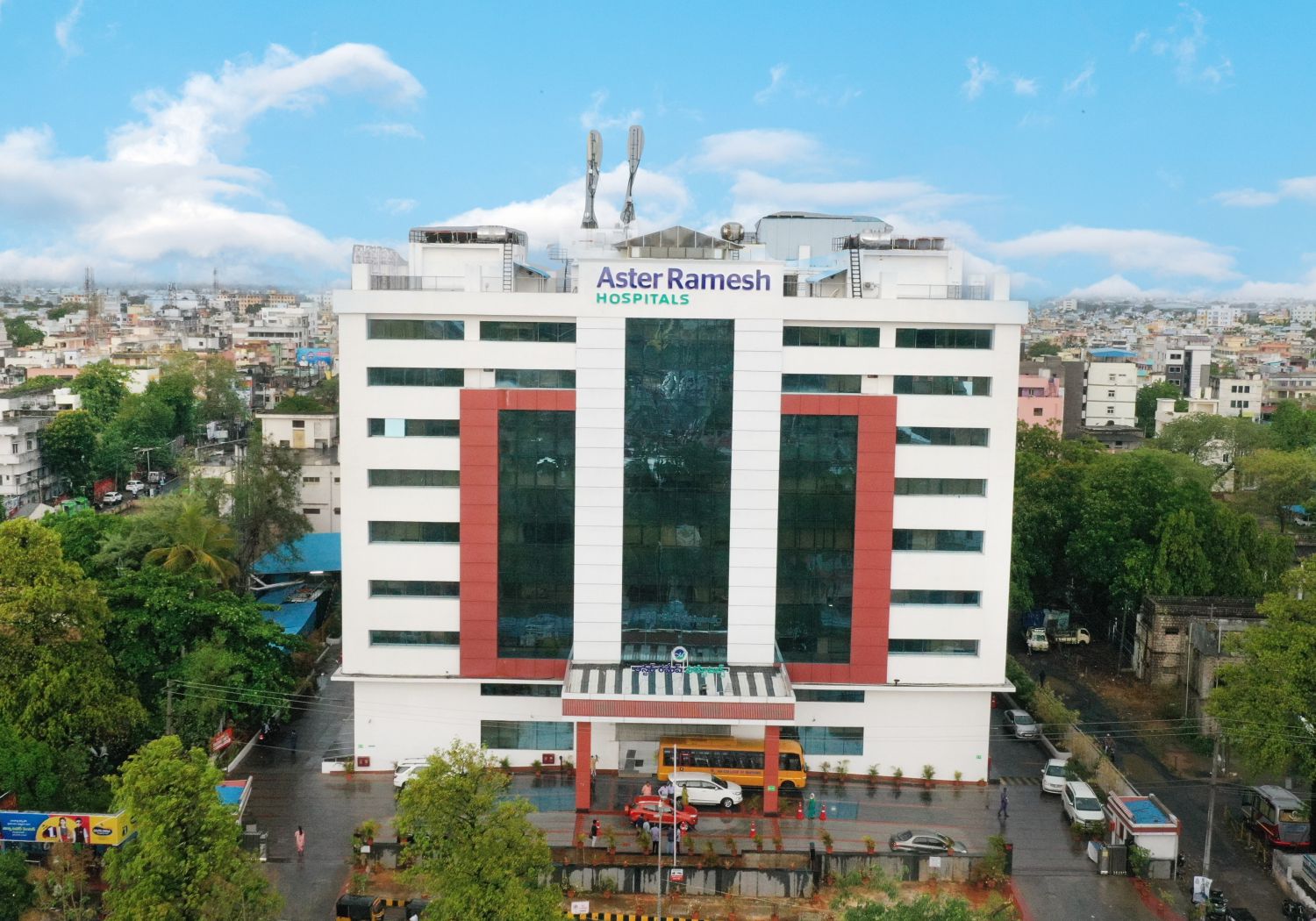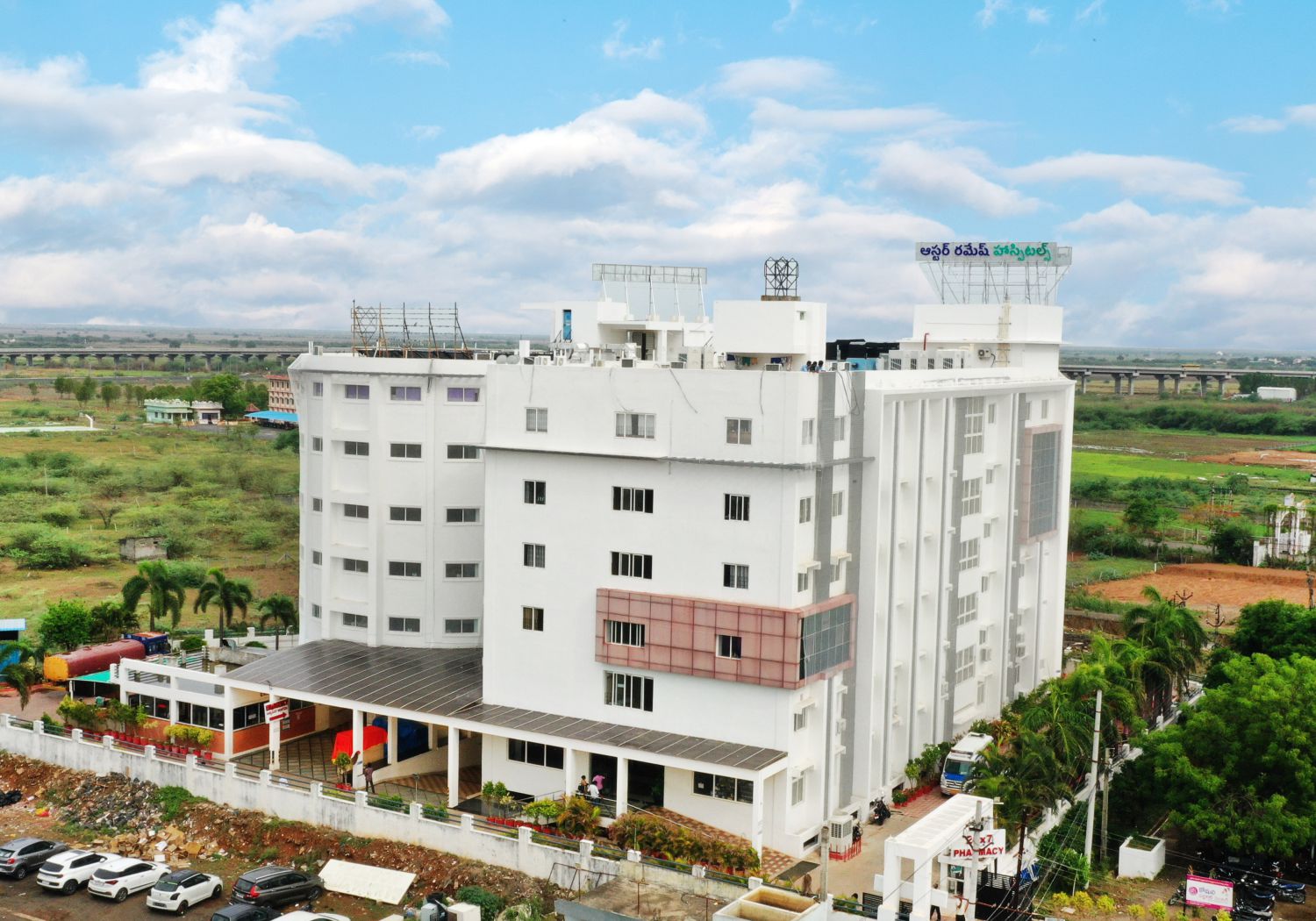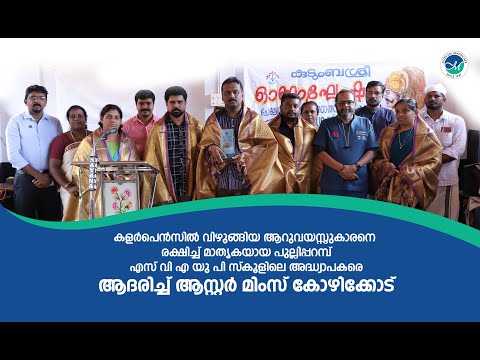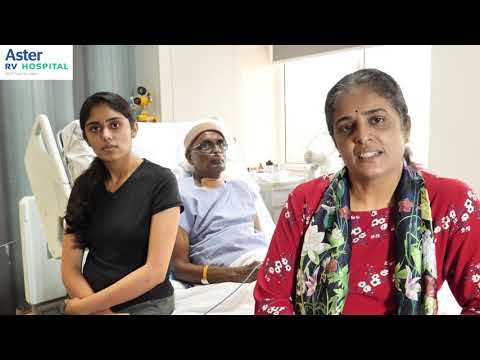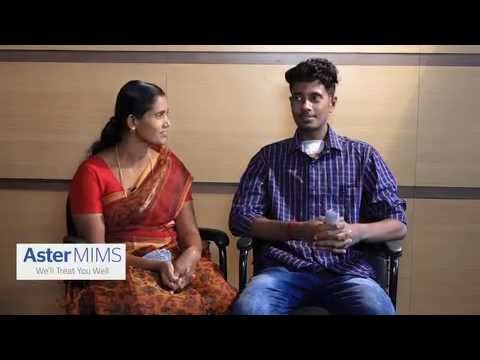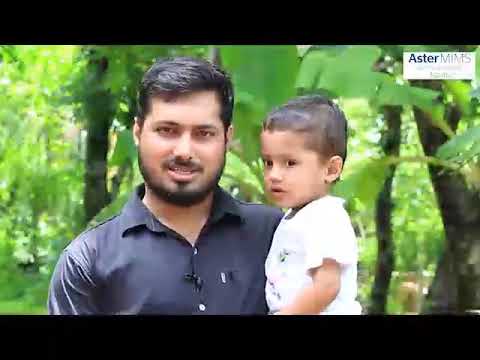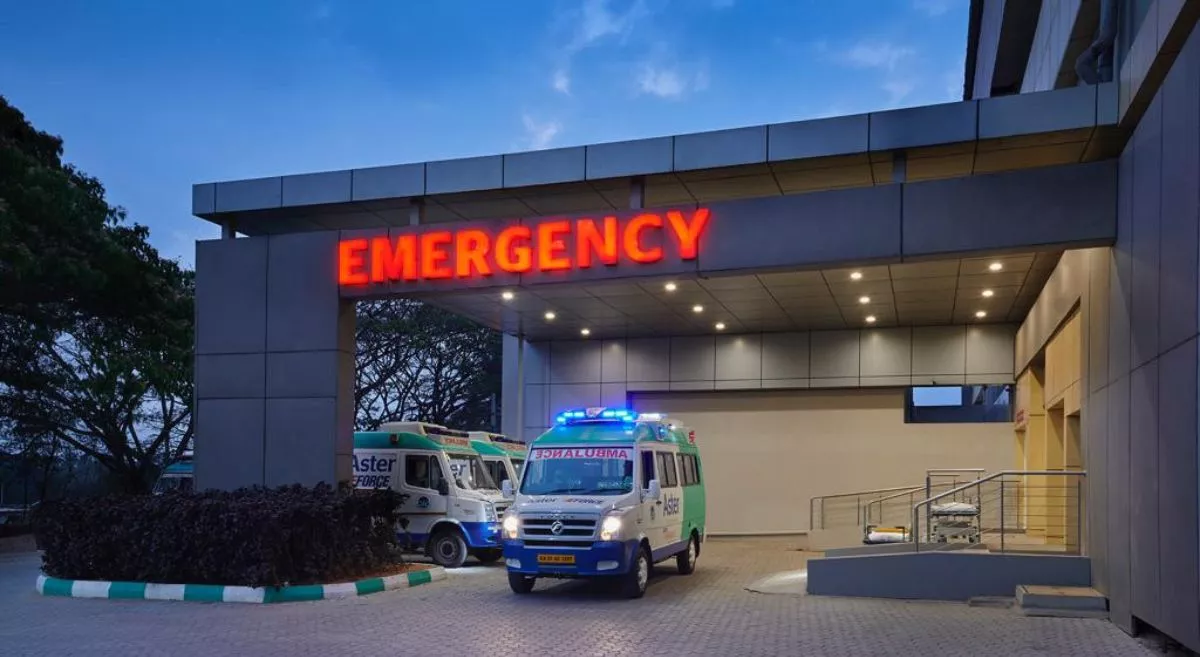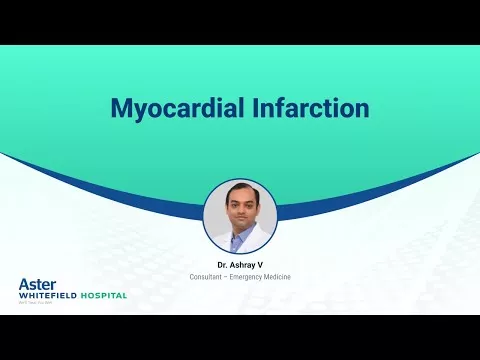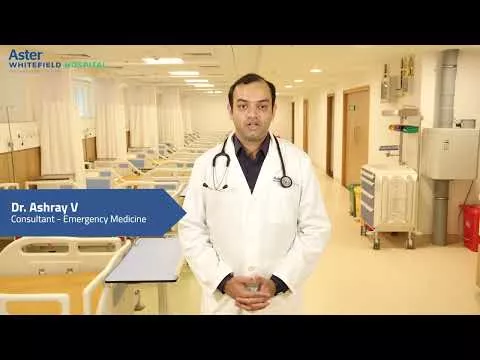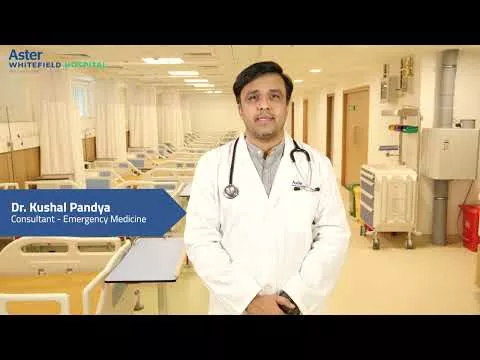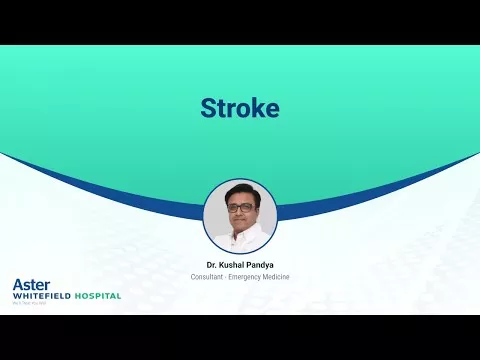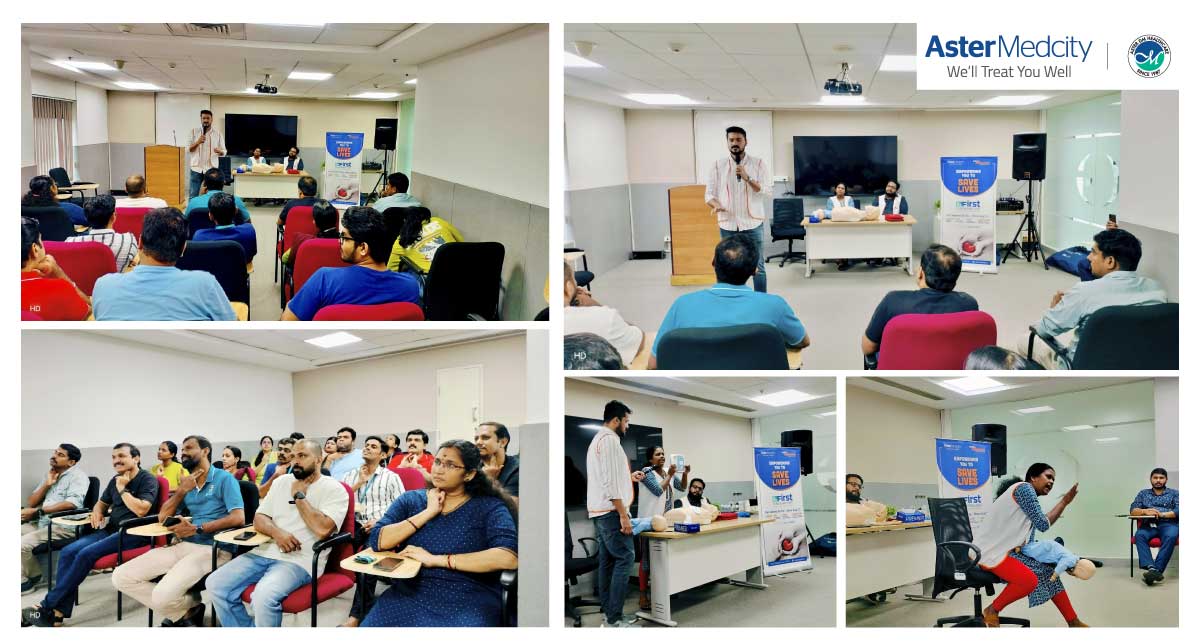The Accidents & Emergency department at Aster Hospital is fully equipped to handle medical emergencies and trauma situations with the best physicians on-call. The medical care facility has an ambulance service for transporting patients suffering from life-threatening traumas or emergencies. Considered as one of the best emergency facilities in India, we have trauma experts, emergency room (ER) physicians, critical care specialists, nurses and paramedics who are adept at taking care of any trauma that comes through. Fitted with cutting-edge technology, the experts are fully capable of diagnosing and managing all emergency and trauma situations, such as poisoning and drug overdose, cardiac arrest, head trauma, fractures, and anaphylactic shock. They're also trained in disaster management. Our Emergency service is available 24/7, with secure and rapid ambulance services.
Our Doctors
We have some of the best specialists from around the world, they bring years of experience and offer evidence-based treatment to ensure the best care for you.
Advanced Technology & Facilities
Well equipped with the latest medical equipment, modern technology & infrastructure, Aster Hospital is one of the best hospitals in India.
No other administration, division at Aster MIMS Kottakkal is as personally and heavily involved to take care of injury and harmed patients as the Department of Emergency Medicine.
Independently and together with the Trauma Service, Emergency Department doctors, residents, nurses, and other medical services providers yearly administer to around thousands of harmed and complex injury patients inside the physical space of the emergency division at Aster MIMS Kottakkal.
There is a nearby working connection between the Department of Emergency Medicine and the Department of Surgery's Division of Trauma and Critical Care. Together we convey the most noteworthy nature of care to the sections range of patients from minor cuts and sprains to major multi-system injury.
Our patient contacts can be separated into four classes like trauma responses, trauma alerts, trauma consults and injured patients.
The Division is occupied with an extensive variety of services and activities 4-week ED-based ultrasound rotation. Personnel have autonomous to perform EMBU to be utilized as a part of clinical decision-making, and when it esteems clinically suitable. We have medical students showing modules in bedside sonography for every time of medical school. We have been successful in acquiring grants for single- and multi-site research. Since the Department of Emergency Medicine has been a pioneer in recognizing and advancing the utilization of bedside ultrasound both procedurally and diagnostically, we have educating with the divisions of Surgery and Medicine, and give training to the fellowship programs in Critical Care, Nephrology and Trauma. Past and progressing ventures incorporate associations with critical care specialists, cardiologists, family medicine, pulmonologists, gynecologists and anesthesiologists.
Emergency Department doctors give day and night on-line medical direction to every individual who seeks emergency medical services in any part of the world. The residents of Emergency medicine take an interest in on-site medical coverage for city-supported unique occasions consistently, including distance runs and mass get-togethers. Through rescue vehicle ride-alongs, hands-on fireground training, and lectures, the inhabitants have shown signs of improvement valuation for the abilities of, and difficulties confronting, prehospital medical suppliers and their firefighting partners.
Imaging Tests
-CT SCAN
-MRI SCAN
-X-RAY
Electrocardiogram
Arterial Blood Gases
Lumbar Puncture
Ultrasound
Dedicated emergency operating theatre with state-of-the-art facilities perform life saving surgeries
The sub-specialty of Radiology in the emergency department handles the diagnosis of acutely ill or traumatic patients. Multiple imaging modalities like MRI, multi-detector CT, ultrasound and X-ray are made available to ensure timely diagnosis and management of patients from head to toe.
The division of emergency laboratory is made available at the department with an intention of providing laboratory services that are crucial for the effective management of critically ill patients. Tests and results are given in no time with optimal accuracy so as to ensure best care to the patient.
The Emergency Pharmacy follows strict protocols backed by well-trained pharmacists with emergency preparedness and a good command over medication management standards, ensuring efficient, safe and effective medication use.
This the first NABH accredited Emergency Department in the state of Karnataka and the 5th in the country.
A full spectrum of patients presents in Emergency Medicine Department, from neonates to the elderly with major and minor trauma, psychiatric problems and minor illness to true medical emergencies.
The medical and nursing staffs work closely together to take care of patients, other members of the team include the clerical staff, orderlies, and security staff; they also have important roles in the department.
The Emergency Department at ACMI works around the clock, providing services in emergency medicine with physicians who are certified and specialized in emergency medicine.
In case of a Paediatric emergency, a child should to be given specialised, dedicated and prompt medical care with love and patience, in a warm and comforting environment. This helps minimise the fear and stress caused by the emergency and enable quicker recovery. The special Paediatric Emergency Room at the Emergency Department has been designed keeping this in mind and has a child-centric and welcoming ambience. With state-of-the-art clinical facilities and a team of Doctors and Nurses specially trained in Paediatric emergency medicine to attend to all emergencies 24/7, the Paediatric ER at Aster Medcity is among the best in India.
The Emergency Department has an adjoining Radiology Suite equipped with MRI, Ultrasound, CT Scan and X-ray machine to save on time taken for moving patients to other units/departments for critical diagnostic procedures and fast-tracking the start of treatment.
The Emergency Department has a separate Emergency Acute Care Unit to monitor and treat very critically ill or injured adult patients. A 5-bed unit managed by a team of trained Emergency medicine professionals; the EACU is built adjacent to the ED to facilitate easier treatment.
The Emergency Department has a Triage Area, where an ACLS/ATLS/PALS Trained Nurse, follows a specialised Triage system and triages patients on the basis of how critical the illness or injury is. Triage or the first point of public contact with the Emergency Department, is done according to the Australasian Triage System, wherein patients are triaged into 5 categories. Triaging ensures that the most critically ill patient gets medical attention on priority, without delay.
The Infectious Disease Screening Area at the Emergency Department is a special area for monitoring and treating patients with communicable disease. A quarantined area, this facility ensures that the infection does not spread to the other patients in the Emergency Department. If the patient requires to be admitted and given treatment, a Negative Suction Isolation room has been set up in which they will be taken care of, without exposure or danger of infection to others.
For the convenience of families/bystanders of patients, there is a “Discussion Room” at the Emergency Department where Doctors, Nurses and Guest Relation Staff will provide updates on the current status and plan
of care of patients. The Guest Relation Officer will attend to all queries from the side of the family/ bystander regarding the condition of the patient and will also, on request, arrange meetings for them with the concerned Doctors.
The Emergency Department at Aster Medcity has introduced the concept of “Decontamination Room”. This is a special room for decontaminating patients who come in for medical help due to poison exposure. Having a specialised facility for decontamination will be helpful to the Staff and Bystanders, as it will prevent them from exposure to the poison.
The Emergency Department will have a dedicated Pharmacy that operates 24x7. Made for the convenience of the patient’s family/ bystanders, they do not require to move out of the ED or take the trouble of finding medicines for the patient at a time when every moment counts.
3 Cath labs including FFR, IFR, IVUS, OCT and Rotablation
Advanced 3D and 4D ECHO machines
Holter Monitoring
Emergencies can strike at any time, and our dedicated ambulance service is always ready to respond swiftly. Our fleet of modern Advanced Cardiac Life Supporting ambulances is staffed with experienced paramedics, nurses, and doctors, ensuring that you receive the highest level of medical attention from the moment you reach out to us. In times of urgent medical need, our Emergency Department stands ready 24/7, staffed by a dedicated team of highly trained medical professionals, including emergency physicians, nurses, and support staff. Equipped with the latest advancements in medical technology, our facility ensures swift and accurate diagnosis, prompt intervention, and compassionate care for patients of all ages. The emergency room also provides Ambulance services 24*7 to pick up critically ill patients from their homes for treatment at the hospital.
At the emergency department of Aster Whitefield Hospital, we recognize the urgency of emergencies. Our specialized 12 bedded emergency room is designed to provide rapid assessments, diagnoses, and treatments, minimizing precious moments lost during critical situations. Our trained medical staff is adept at handling a wide range of medical emergencies, ensuring that you receive the care you need promptly. It's equipped with ultramodern ER beds (which can move the patient throughout the hospital including elevators without the need to shift the patients on a transport stretcher), spine boards with cervical collars, ventilators, central suction and all medical gases, bedside Ultrasonography, and X-ray machines, multipara monitors, Defibrillators, ECG machines, infusion pumps, warmer machines and most importantly trained casualty medical officers and ER nurses (available 24*7).In Addition, the hospital also has an isolation room to separate Active Tuberculosis and infectious disease patients.
Time is of the essence in emergencies. Our hospital offers immediate access to highly skilled doctors and medical specialists who are experienced in handling critical cases. Their expertise ensures that you receive accurate diagnoses and tailored treatment plans without delay. In the realm of emergency medical care within our hospital, the significance of swift and proficient intervention cannot be overstated. Recognizing that time is a precious commodity during emergencies, we take immense pride in providing instant access to a cadre of exceptionally skilled doctors and seasoned medical specialists. These experts are adept at navigating the complexities of critical cases, ensuring that each moment counts towards securing your well-being.
The crux of our approach lies in the immediacy of access to these professionals. The instant you arrive at our emergency department, a network of highly qualified doctors is primed to spring into action. These medical specialists possess a wealth of experience in managing a wide spectrum of urgent medical scenarios, from trauma and cardiac incidents to intricate neurological challenges. Their honed expertise empowers them to swiftly and accurately assess your condition, facilitating precise diagnoses that serve as the bedrock for tailored and effective treatment plans.
The synergy between swift action and expert knowledge not only expedites the decision-making process but also minimizes the critical period between assessment and intervention. This proactive approach translates into an enhanced likelihood of positive patient outcomes. As you navigate the uncertain terrain of a medical emergency, the presence of these skilled practitioners offers reassurance that every facet of your health is being meticulously addressed.
Our ICU is equipped with cutting-edge technology and state-of-the-art medical equipment to provide intensive and comprehensive care. Within our emergency department at the Aster Whitefield Hospital, our commitment to excellence is exemplified by our fully equipped Intensive Care Unit (ICU). The ICU stands as a bastion of advanced medical care, furnished with the latest technology and the most modern medical equipment that collectively form the backbone of our intensive and comprehensive patient care.
At the heart of our ICU lies a dedicated team of critical care specialists, nurses, and unwavering support staff, all tirelessly devoted to ensuring that patients requiring critical attention receive nothing short of the highest standard of medical care. With unwavering availability around the clock, this team brings together a harmonious blend of expertise, experience, and empathy, positioning them to manage even the most intricate medical challenges.
Our ICU is a place where innovation converges with compassion. From advanced monitoring systems to specialized life-support equipment, every facet of these units has been meticulously designed to accommodate the intricate needs of critically ill patients. This amalgamation of technology and human touch underpins our commitment to ensuring that every patient receives personalized care that is second to none.
Emergencies can encompass a wide range of medical issues. At Aster Whitefield, we are proud to offer access to a comprehensive team of super specialists from various medical disciplines. This allows us to provide well-rounded and specialized care for even the most complex cases, ensuring that all aspects of your health are addressed. In our multispeciality hospital's emergency department, we understand that emergencies can arise in various forms and require specialized expertise to ensure the best possible outcomes. Our streamlined communication systems allow our medical team to quickly consult with the relevant specialist, ensuring that even the most complex cases are evaluated promptly and accurately
Emergencies often require a collaborative approach that spans multiple medical disciplines. Our super specialists work seamlessly together, sharing insights and perspectives to develop comprehensive treatment plans. This collaboration eliminates potential gaps in care and enhances the likelihood of successful outcomes.
Our team covers a broad spectrum of medical expertise, ensuring that no matter the nature of the emergency, our patients receive targeted and precise care. Certain emergencies demand specialized interventions that go beyond general medical knowledge. Whether it's a rare cardiac condition, a complex neurological issue, or a critical pediatric case, our super specialists bring their advanced skills and techniques to the forefront, ensuring that patients receive the precise care they need.
Emergencies don't adhere to a schedule, which is why our team of super specialists is available 24/7. Whether it's the middle of the night or during a holiday, you can rest assured that our experts are on standby to provide immediate and specialized care when you need it the most.
Under our roof, you will find all the necessary diagnostic services, including radiology, pathology, and blood services. Our in-house facilities enable us to swiftly conduct vital diagnostic tests, allowing our medical professionals to make informed decisions about your care on time. Patients who exhibit signs of being seriously ill but are not in immediate danger of life or limb will be triaged to "acute care" or "majors", where they will be seen by a physician and receive a more thorough assessment and treatment. Examples of "majors" include chest pain, difficulty breathing, abdominal pain, and neurological complaints. Advanced diagnostic testing may be conducted at this stage, including laboratory testing of blood and/or urine, ultrasonography, CT, or MRI scanning. Medications appropriate to manage the patient's condition will also be given. Depending on the underlying causes of the patient's chief complaint, he or she may be discharged home from this area or admitted to the hospital for further treatment.
Patients whose condition is not immediately life-threatening will be sent to an area suitable to deal with them, and these areas might typically be termed as prompt care or minors areas. Such patients may still have been found to have significant problems, including fractures, dislocations, and lacerations requiring suturing.
In our Emergency department of the hospital, the commitment to adherence to international protocols is a cornerstone of our emergency medical services. Our foremost priority is the health and well-being of our patients, and we ensure that they receive top-notch medical care during critical times.
We have meticulously designed and implemented stringent international protocols that guide our emergency medical services. These protocols are based on the latest medical research, global best practices, and expert consensus, ensuring that our medical team is equipped with the most advanced and effective approaches.
Adhering to international protocols we are also having access to cutting-edge medical equipment and technology. Our hospital has the latest diagnostic tools, monitoring devices, and life-saving equipment to ensure that our medical team can provide prompt and accurate assessments and interventions.
Our commitment to international protocols doesn't end after the initial emergency response. We have a robust quality assurance system in place that involves regular reviews and audits of our emergency medical services. This continuous evaluation allows us to identify areas for improvement and refine our protocols over time.
Patient Stories
Our patients are our best advocates, hear the inspiring stories of their treatment journey
Blogs
The source of trustworthy health and medical information. Through this section, we provide research-based health information, and all that is happening in Aster Hospital.
News & Events
Stay updated with the latest happenings at Aster Hospitals. Explore our News and Events section for insightful articles, health tips, upcoming events, and noteworthy achievements.

